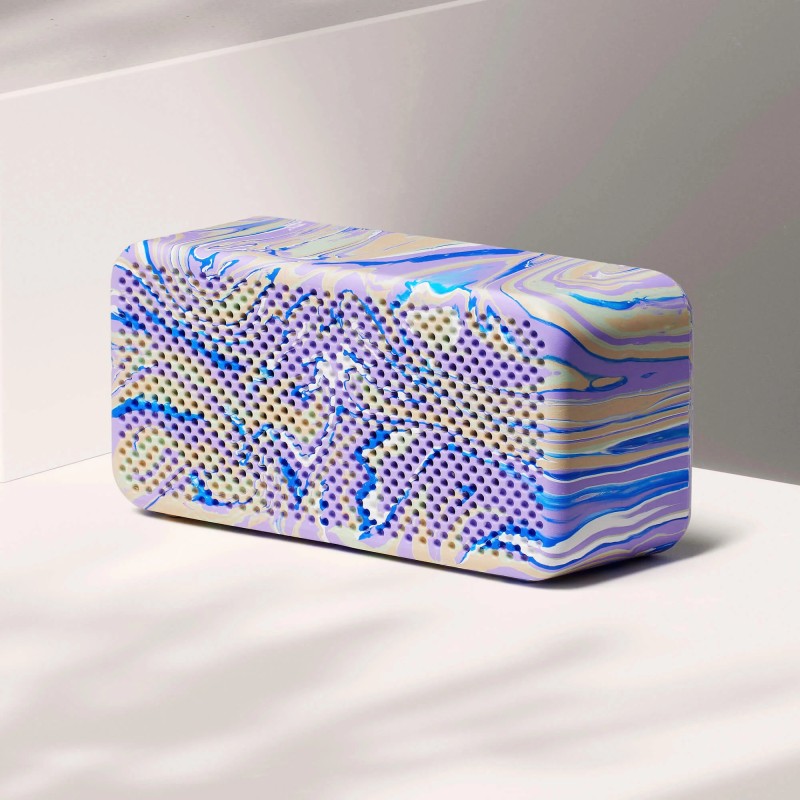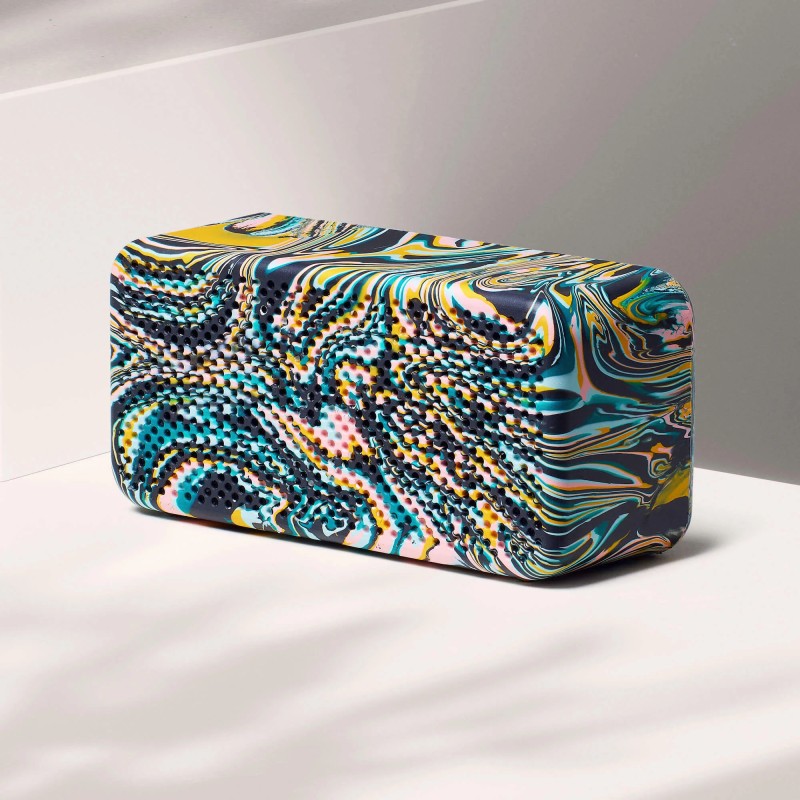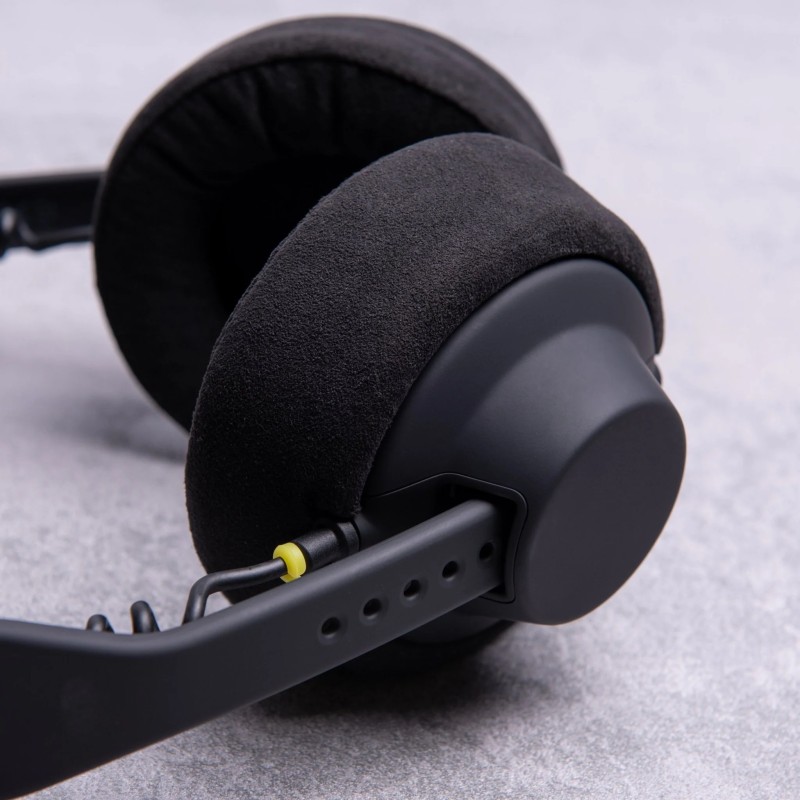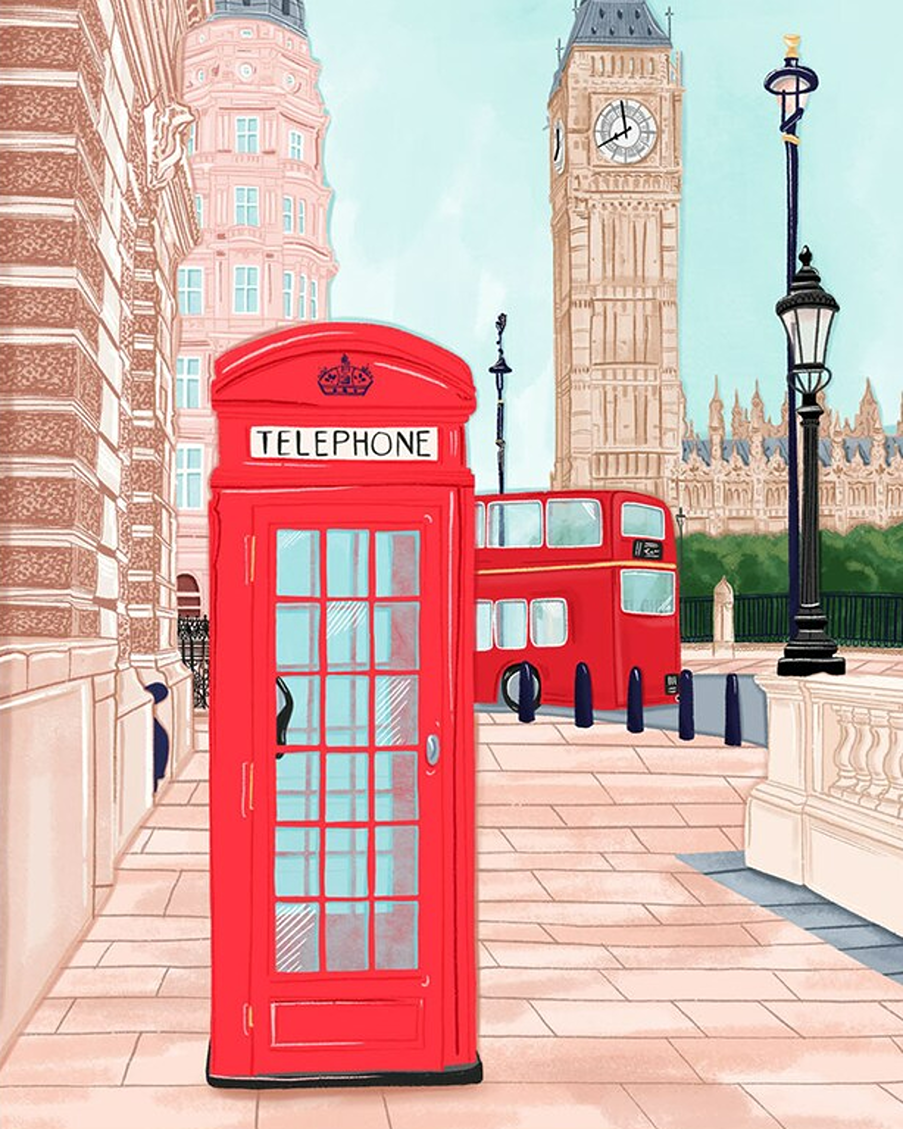Eco Music Festivals: Reducing Environmental Impact

Music festivals are very popular in England, which means sustainability matters more than ever. From solar-powered stages to plant-based food to avoiding litter.
Glastonbury is actually held near the village of Pilton, whose population swells from 1000 to 200,000 each summer. The locals don’t mind that much, as the festival-goers are a pretty peaceful lot, and obviously bring in income for the pubs!
The festival does generate huge amounts of litter. But it has things in order, with chosen litter pickers (who get their own campsite with flushing toilets and meal vouchers) going into action when the festival ends.
Leaving the place pristine within a few days. Unusual items found include:
- A grandfather clock
- A bra with poo in it
- A wig that someone had vomited in
- People sleeping under piles of clothes!
Plant-Based Catering for Festivals

The Devil’s Kitchen offers plant-based foods for schools, caterers and football clubs (the company was founded by the owner of England’s first vegan football club!) So why not festivals?!
Read our post on food safety for people and pets.
Made in Gloucestershire, the food is free from all major food allergens (and soy) and sold in compostable and recyclable packs. And contains no air-freighted ingredients. Offerings are all high in protein and include:
- Shiitake mushroom burgers
- Jamaican jerk burgers
- Spicy vegan balls
Community spirit in Looe comes alive during festivals and markets. The Kernowfornia Music Festival mixes beach vibes with indie and folk sounds, attracting music lovers to dance by the sea. Food and craft stalls sit side by side, at this zero waste music festival.
Located on beautiful Looe beach, the festival features renowned musicians, and uses profits to support charities like RNLI and Surfers Against Sewage.
Music Speakers (made from old plastic bags!)

This GOMI speaker is not just stunning to look at, but the unique colours are due to being made from recycled plastic bags.

Sold with a lifetime repair guarantee, it’s handmade in Brighton (with 32 hours of battery life to boot) and compatible with Bluetooth and AUX.

The USB-C fast charges from 0 to 100% in just 2 hours, and you can pair two for full stereo sound. This product generates half the carbon dioxide emissions of comparable speakers. Also good for pubs and discos.
Minirig Portable Speakers offer 30 hour or 80 hour battery life, with an easy repair service. The perfect portable speaker for festivals.
Repairable Modular Headphones (for DJs!)

Fairphone (a company that makes repairable smartphones) also makes modular headphones, that are easy to repair, made from recycled plastic and aluminium, by people paid a living wage.
And for each pair bought, the company recycles the same amount of electronic waste, meaning they are e-waste neutral. You can also replace the headband and ear cushion, so if the sound is only come out of one ear, you don’t have to buy a new pair.
Headphones (from recycled plastic bottles)

AIAIAI Headphones are sold with a 4-year warranty, and again easy to repair. Trusted by musicians and technicians worldwide, the hard-shell carry case keeps them safe from scratches.
The lightweight Bluetooth headphones (above) offer critically-acclaimed sound and feature soft ear cushions that are made from recycled materials (including plastic bottles).
Tips for Greener Music Festivals
- By taking the train, bus or sharing lifts, you cut down on traffic jams and emissions. Many festivals offer shuttle buses or discounted tickets for those arriving by train
- Swap single-use plastics for sturdy, reusable bottles, cups and cutlery. Bring a refillable water bottle (most festivals offer water stations) and a reusable lunch box. This way, you avoid extra rubbish and help keep the site clean.
- Many people smoke at music festivals. So invest in ways to reduce cigarette litter (from handing out personal ashtrays to investing in cigarette bins).
- Say no to glitter (made from microplastics that end up in rivers and soil). Be careful as most ‘biodegradable alternatives’ are anything but.
- Stick to marked paths and camp in approved areas. Don’t trample plants or climb fences. Keep food sealed, so animals don’t get sick eating leftovers.
- Power your festival with Ecotricity (the only UK company that does not supply green energy, from burning abattoir waste)
- Set up waterproof cardboard tents that are easy to recycle. Obviously don’t smoke in or near it (that goes for any kind of tent). Any cooking should take place at least 2 metres away from the tent.
- Install modern composting toilets (and air-flush urinals)






